 |
| Baby monkey eating plastic |
Based on statistic estimation, the average family adds 60
plastic bags in only four trips to the grocery store.
In good situations, high-density polyethylene plastic bags will
take more than 20 years to degrade. However in less ideal conditions such as on
landfills or as general refuse, a bag will take more than 1,000 years to
degrade.
In year 2008 an estimated 3,960,000 tons of plastic bags,
sack and wraps were produced where of those, 3,570,000 tons (90% of them) were throw
away. This number is almost triple the amount in 1980 (1,230,000 tons in 1980).
Source: EPA
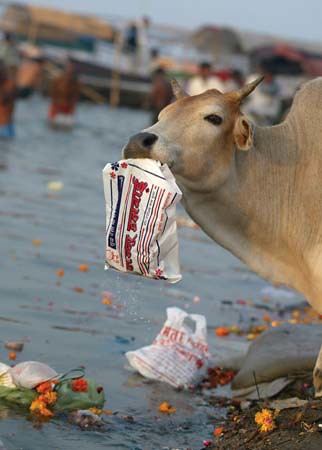 |
| Cow eating plastic trash |
Unfortunately only 0.5% to 3% of all bags winds up recycled.
Source: BBC & CNN
10% of the plastic bags which is produced every year
worldwide end up in the ocean. 70% of those plastic bags which finds its way to
the ocean floor, where it will most likely never degrade. Source :UN, 2006
 |
| Swan eat plastic |
The very slow decomposition rate of plastic luggage leaves
them to drift on the ocean for uncountable years. In line with Algalita Marine
analysis Foundation, these plastic luggage cause the death of the many marine
animals such as fish, ocean turtles, etc., each year when animals mistake them
for food.
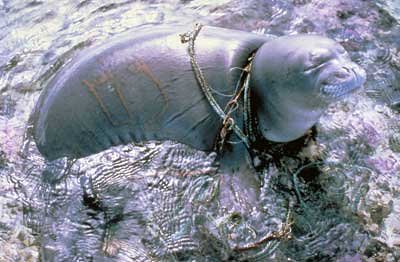 |
| Seabird surviving because of plastic |
When plastics break down, they do not biodegrade; they
photodegrade. This implies that the secondary materials break all the way down
to smaller fragments that readily absorb toxins. They then further contaminate
soil, waterways, and animals upon digestion.
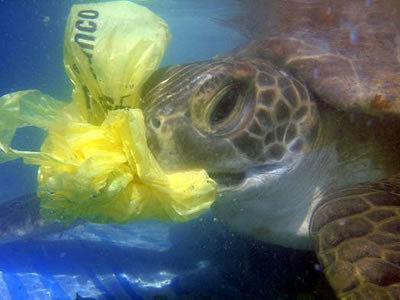 |
| Turtle eat plastic |
Please don't forget to check our website ecogreen4us.com for more eco & green products and services
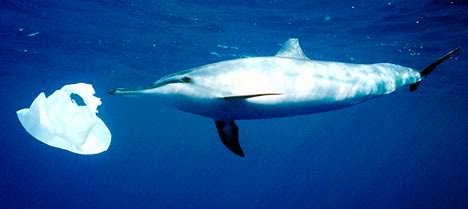
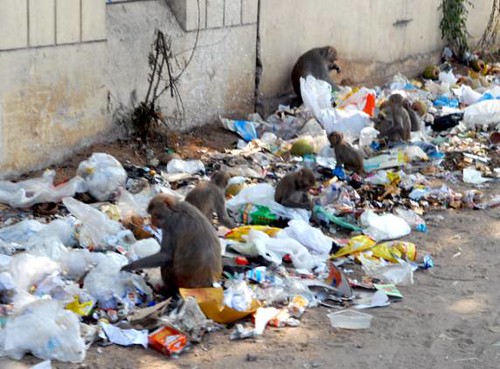
No comments:
Post a Comment